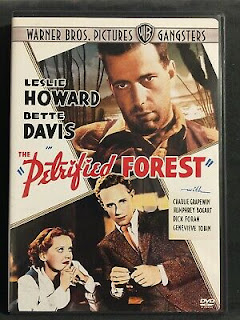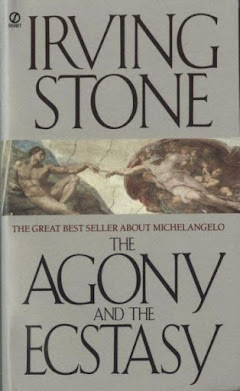The Invisible Man- By H.G Wells

Before we get started, let's differentiate this one from the classic Ralph Ellison novel "Invisible Man" which is another fine work that I might do another post on at some point. I'm using the opening line of this post to mimic the opening line of that book by Ellison, in where he bothers to differentiate his title from the "Hollywood movie ectoplasm" or whatever he described it as. I recently had a one day lengthy road trip and needed an audio book to keep me company on the drive. I listened to all of Wells' novel there and back, and was positively riveted the whole time. This is another one of those books, a classic work of literature that is a science fiction novel in genre. Though it doesn't carry any genre-fiction cliches or over the top, high concept plot lines with hyper contrived scenarios and explanations. I'd always been curious about the book, as a general classic that seems like an important part of English language lit...







